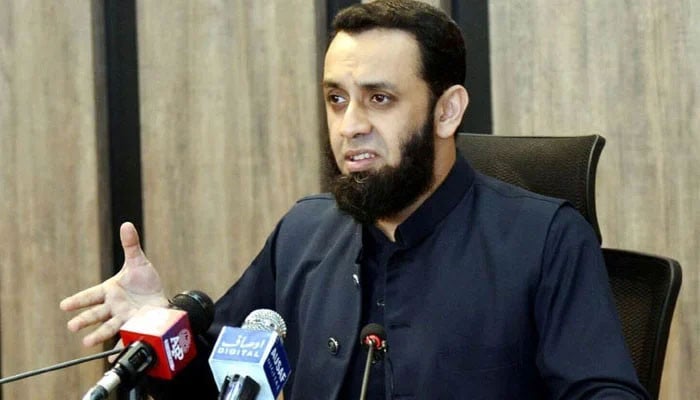Business
High price increases
字号+ Author:Smart News Source:Travel 2025-01-11 06:10:21 I want to comment(0)
FISCAL stabilisation prescribed by the IMF can be expensive — for the common people — in more ways than one. That is what Finance Minister Mohammad Aurangzeb’s written testimony before a National Assembly panel tries to convey. The government has increased the electricity and gas prices under the IMF stabilisation programme, he stated. The details show a whopping 840pc increase in the gas rates and an over 110pc rise in electricity tariffs, besides a 43pc depreciation in the exchange rate since the signing of the previous Extended Fund Facility programme with the IMF in 2019. This not only sent inflation soaring over the last couple of years, it also slowed down economic growth at the expense of middle-class households. The consistently rising cost of living due to elevated inflation in the last couple of years — the CPI inflation went up to 29.2pc in FY23 and stood at 23.4pc in FY24 compared to 8.9pc in FY21 — has robbed most citizens of their ability to purchase even the bare necessities, forcing them to cut down heavily on food, healthcare and education for their children. That said, the IMF programme conditions are not the only reasons for the extremely high prices of the goods and services most citizens use or require in their daily life. The government’s economic and fiscal policies aimed at enriching the country’s wealthy elites through tax waivers and exemptions, or subsidising their expensive import-based lifestyles, have been major contributors to the pain being felt by ordinary citizens struggling to make ends meet. In the recent past, we have seen the central bank delaying increasing interest rates to curb or decelerate the rise in prices because our powerful business lobbies did not want to part with cheap credit. Also, we have repeatedly witnessed the government capping the exchange rate in the recent past in order to facilitate cheaper imports, leading the country into deep balance-of-payment crises again and again, regardless of the skyrocketing inflation. With inflation decelerating in recent months, we see the business elite returning with calls for energy, fiscal and interest rate subsidies. The government, which faces rising economic and political discontent that is threatening to wipe clean whatever political capital it is left with, also seems to be under pressure to return to rapid growth policies. Blaming the IMF is easy; but self-correction can be difficult.
1.This site adheres to industry standards, and any reposted articles will clearly indicate the author and source;
 Related Articles
Related Articles-
کرِسٹینو رونالڈو نے وینیسیئس جونیئر کو نظر انداز کرنے پر بالون ڈی اور کی مذمت کی
2025-01-11 05:26
-
Sara Sharif's father, convicted of murder, attacked in jail
2025-01-11 04:43
-
South Korean officials arrive to detain impeached Yoon amid protest
2025-01-11 04:06
-
South Korean officials arrive to detain impeached Yoon amid protest
2025-01-11 03:42
 User Reviews
User Reviews Recommended Reads
Recommended Reads Hot Information
Hot Information- پاکستانی بیٹنگ جوڑی، سائم ایوب اور آغا سلمان، آئی سی سی ون ڈے رینکنگ میں اوپر چڑھ گئے۔
- New York judge to sentence Trump in hush money case before inauguration
- Sara Sharif's father, convicted of murder, attacked in jail
- South Korean officials arrive to detain impeached Yoon amid protest
- نیوکاسل کے اساک اور جوئلینٹون نے مانچسٹر یونائیٹڈ کو مسلسل چوتھی شکست سے دوچار کیا۔
- Minor boy survives five days in lion-inhabited Zimbabwe park
- India seeks 'very deep' engagement with Trump administration
- Minor boy survives five days in lion-inhabited Zimbabwe park
- پاکستان 2025ء کے چیمپئنز ٹرافی کے دوران کرکٹ شائقین کے لیے ویزا پالیسی میں نرمی کرے گا۔
 Abont US
Abont US
Follow our WhatasApp account to stay updated with the latest exciting content













